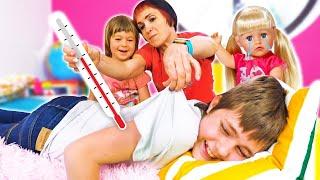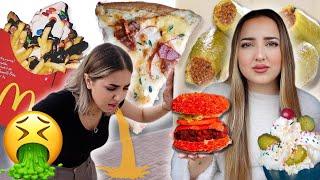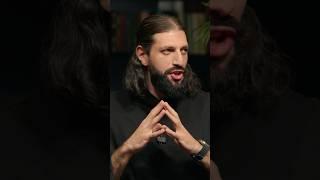
Plot, Story, and Narrative Are NOT The Same Things
Thanks to Writer Brandon McNulty for inspiring the sports analogy with their own video on https://youtu.be/8v5NXlgBOwQ?si=eJSfzSaU1BZler8f
Get Coverage & Script Notes directly from me
https://www.fiverr.com/allenroughton
Chapters:
0:00 Functional Focus
0:33 Plot
1:24 Story
2:11 Balance
3:11 Perspective
5:07 Time
Follow me on Instagram & Twitter @allenwroteon
Тэги:
#Plot_vs_Story #Story_Structure #Plot #story #narrative #Screenwriting #screenwriting_101 #screenwriting_for_beginners #screenwriting_format #filmmakingКомментарии:

Another awesome video! Keep these coming.
Ответить
Good to see you, Allen! Been waiting for this next video. Great stuff as usual.
Ответить
I think event and plot are different things and you're confusing event and plot. Plot has character+events. But Plot is not story. Story is everything--from how it is delivered, the themes, the characters, the tone, the delivery. It is possible to make a story that had near to no events in it. Or all events and near to no character in it, but Plot itself requires those two elements plus setting in order for it to function. But if you look internationally, there are places that de-emphasize plot as being central to the story, and instead look at story as a whole.
Tell me the plot doesn't involve only event-->event. When people ask "Tell me the plot" they are expecting a bare bones summary of character+event==consequence in a setting.
Child story--I went to the park where we saw birds and the birds were cool. One had a very long tail.
Doesn't look like it, but there are character, event and consequence in this type of story.
An event, BTW, doesn't necessarily have plot or setting or character. It's a thing that happened. A tree falls in a forest is an event. That's not a plot. You have no real setting in this. There is no cause or effect that happens.
For it to be a plot, there needs to be a complete setting and a consequence to that setting. And the consequence doesn't have to be good or bad, it can also be plot neutral. So a tree falls in a forest in winter, knocking snow down from its branches, making a bird dodge out of its way until say Bob sees it, then becomes more like a plot. But this isn't a story, though. This is simply a plot. How you tell the plot then becomes a narrative. This is how do you deliver the plot.
So that's your next tier up, but a narrative isn't the whole of the story. You need things like story driver, tone, grammar, word choice, delivery, and a way to close the plot out. How one balances these things individually, where the weight is placed, if people say that the bird was "killed" to make it "sad and dramatic" how the writer chooses the moods and if they want a thematic element, then it becomes a story.
Which is why I'd argue that reading widely is helpful overall, it's not that reading widely will make you "more in tune with other people", but rather by reading outside of your own comfort zone, you can get past the conflict-central narrative and learn other techniques you might want in order to make your own story better. Who can command tone better than say Miyazaki? What does thematic development really mean when you're looking at say a Zuni story? Zuni, BTW, deemphasize plot. Plot is the least concern in the story.

Probably the most useful distinctions between these terms that I have came across.
Your analogies were really on point, thanks !
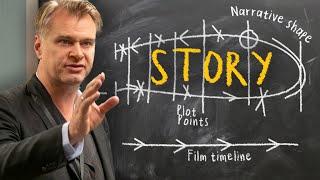

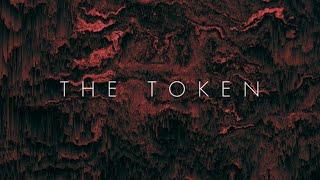
![[18/08/12] Seventeen Sexy Dance Off at KCON LA 2018 [18/08/12] Seventeen Sexy Dance Off at KCON LA 2018](https://invideo.cc/img/upload/VW9QYjFPVTljbmw.jpg)


